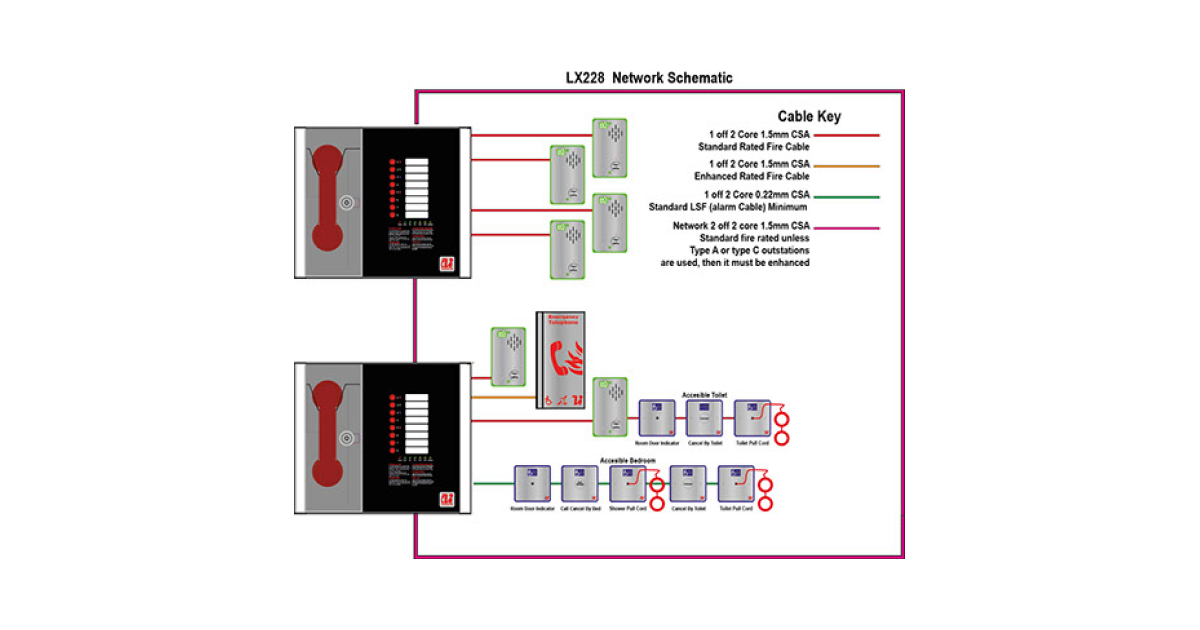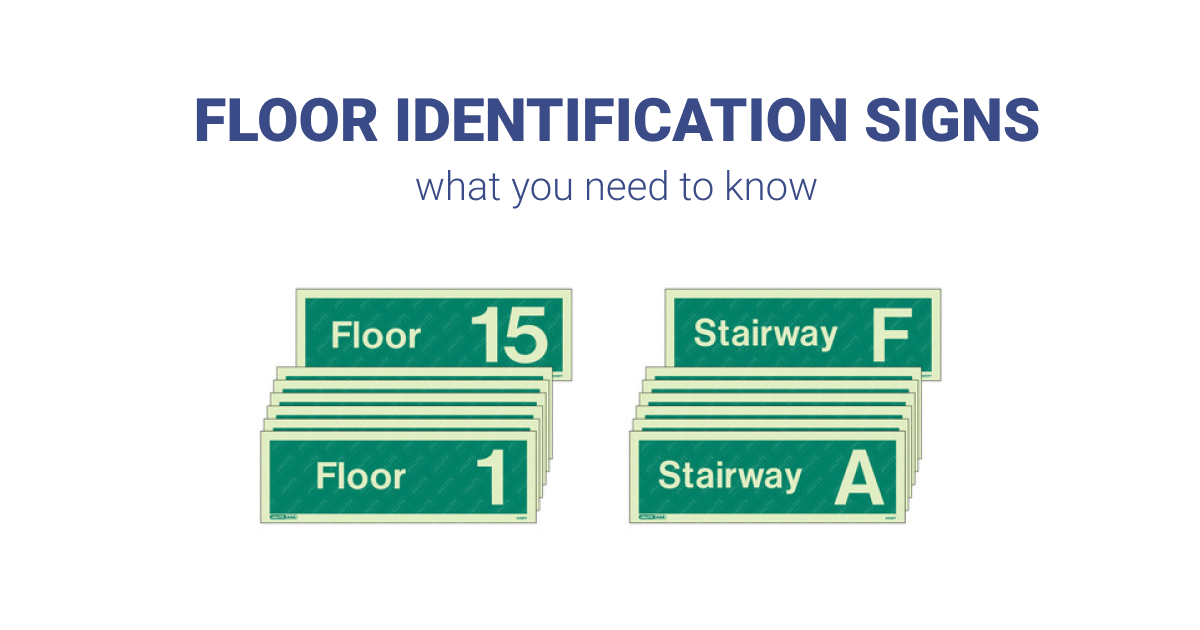
In the forth industry interview Paul Elcock of Docs-Store shares his thoughts about log books following the recent launch of a number of new log books to help compliance.
What are the legal requirements surrounding log books?
“Our logbooks are designed to help the responsible person for the building demonstrate to the appropriate authorities that they are following the appropriate legislation and recommendations by keeping accurate records on an ongoing basis.
Each logbook will cover a different safety system. These will be referenced to the relevant British Standard and other legislation e.g. the Regulatory Reform (Fire Safety) Order 2005 for England and Wales or the Electric at Work Act etc. Manufacturers may also advise on the frequency that the installed equipment should be tested.”
Who should maintain the records and where should the log books be stored?
“Initially the installer should be completing the logbook as a handover document, recording as much system information as possible to aid with future inspection and maintenance visits.
This can also be an opportunity record certificate numbers and help to trace them in the event they go missing as work can be carried out by single or multiple organisations.
On an ongoing basis, the person responsible for the building will carry out visual and operational checks specific to the requirements of the system and any false alarms. During the lifespan of the electrical or safety system, inspection and testing, servicing and maintenance shall be carried out by a competent engineer and these visits should be captured in the logbook.”
Why should customers choose a Docs-Store log book compared with the competition?
“Docs-Store manufactures high-quality handover documents that represent the best of the installing company, as let’s face it, much of the work that their customer has commissioned will be hidden away. These logbooks can be used on a daily, weekly or monthly basis so are a reminder to show who is providing the ongoing maintenance providing further work.
For the responsible person, the technical reasons why they need to carry out these ongoing tests may not be known to them, therefore we provide some relevant information throughout each book explaining the reason why they have to complete certain necessary sections.”
What are you thoughts on digital log books vs traditional paper log books?
“As is the case, one size doesn’t fit all and I believe that you must consider who is going to be using the logbook the most to offer them the appropriate solution. I can perhaps understand that a large organisation with multiple sites may see the appeal of going digital to allow them to access a logbook remotely and to check that it is being kept up to date. It could also reduce the risk of it getting lost.
If the site where the system is installed is a stand-alone SME organisation or a larger organisation that has a manager in the business who is also the responsible person, the task of conducting these weekly or monthly checks on top of the pressure of running the business, a physical book can be a reminder and considered to be simpler to use a hard copy where it is written in front of them what they need to look for.”
Your company has recently launched a comprehensive range of log books for other systems include smoke vent and disabled assistance. How are these products being received?
“Docs-Store came about from having a background in managing the printed and digital electrotechnical compliance documents for a large certification organisation that focused primarily on a single British Standard.
Since we formed Docs-Store we have built up a reputation of providing great Fire, Emergency Lighting and a combined Fire Safety logbook but we knew that there were requirements for further documents that were difficult to source by the various sectors of the industry. Needless to say that the Hackett enquiry is really hammering home that there needs to be more accountability to demonstrate that the building’s life-saving systems function correctly.
For us, some of the logbooks were already designed through numerous requests from installers via the wholesaler and they were printed on demand, however, it was on the roadmap to expand and offer the solutions to these recognised problems to stockists. That being said, the uptake since making a trade press release and national rollout to stockists has been exceptional. Development of further compliance documents are also in the pipeline scheduled throughout the first half of 2023.”










